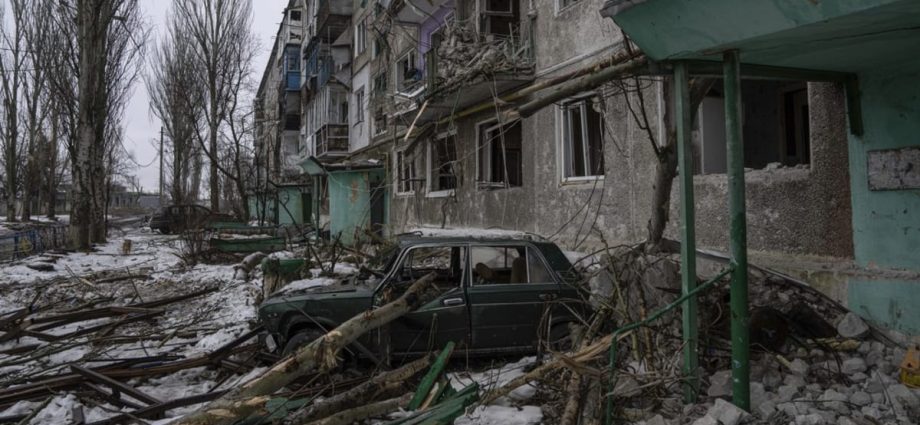
BIRMINGHAM: Beijing’s Position on the Political Settlement of the Ukraine Crisis has now been officially released by the country’s foreign ministry, after being foreshadowed by China’s top diplomat, Wang Yi, at the recent Munich Security Conference.
Short on detail and rich in generalities, the peace plan confirms what Beijing sees as China’s “balanced position”. This, to date, has avoided directly pointing the finger of blame at anyone and continues to leave ample room for interpretation. It may not offer a clearly charted path out of the crisis, but it is an important statement of China’s vision for global, Eurasian and European security.
Coming from a major – and still rising – power, it would be a mistake to dismiss it out of hand simply because this vision is not shared in Western capitals.
While vague in its overall language, the sequence of what the Chinese position reveals is important. The plan starts by restating one of China’s red lines, its long-held position on the sacrosanct nature of sovereignty and territorial integrity. This is very much in line with the prevailing position of the overwhelming majority of United Nations members.
So it was curious that when 141 members of the UN General Assembly voted the day before the first anniversary of the invasion in support of a resolution demanding “that the Russian Federation immediately, completely and unconditionally withdraw all of its military forces from the territory of Ukraine within its internationally recognised borders”, China was not among them. China instead abstained, consistent with its past votes, along with India, Iran, South Africa and 28 other countries.
The six countries which voted with Russia against the resolution, including Eritrea, North Korea and Syria, can hardly be considered promoters of international peace and stability.

